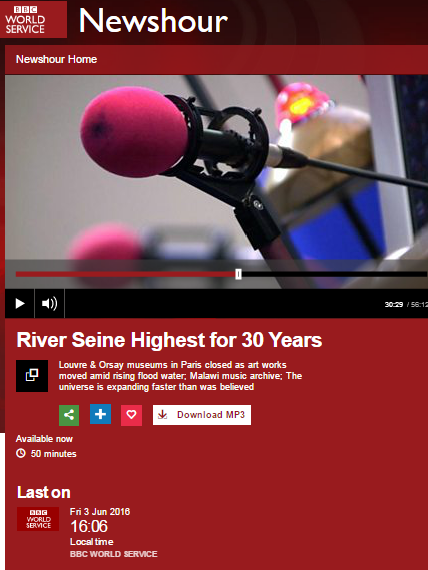Readers may remember that last November the following Tweet was sent from the BBC World News official account.
The BBC Editorial Control Unit has now published its findings after a complaint was made by Mr Stephen Franklin.
The finding does not link to a publicly available “correction and apology” and so it is difficult to determine to what exactly the ECU is referring with that wording. Mr Franklin did receive a reply to his complaint from the Audience Relations department of BBC World News in December 2012 in which it was stated:
“With regards to the tweet concerning Tel Aviv, from November 15th:
“It was an error, which we apologise for. The editorial team involved have been reminded of the need to take great care with language used in reporting this story.” “
It is interesting to see that greater “care with language” – rather than facts – is apparently the BBC’s prescription for such an obvious case of inaccuracy. But this case also suggests that something in the BBC’s system of drawing conclusions from audience complaints is awry. In July 2011 Mr Franklin made a similar complaint regarding a statement made on the BBC Radio 4 ‘Today’ programme in which James Naughtie referred to the Israeli government as being situated in Tel Aviv. At the time he was informed that:
“I can assure you that I have registered your concerns on our audience log. This is a daily report of audience feedback that’s made available to many BBC staff, including members of the BBC Executive Board, channel controllers and other senior managers. The audience logs are seen as important documents that can help shape decisions about future programming and content. The logs are also published on the BBC’s intranet site, so are available for all BBC staff to view.”
And yet, sixteen months later, some BBC staff still apparently did not know where the capital of a country they report about on a daily basis is located.
As we saw in Operation Pillar of Cloud, the application of BBC editorial guidelines to the Twitter activities of its staff is of ever-growing importance, both due to the medium’s speed and the fact that it cuts out the editorial middle man between the journalist and the audience – making it more open to abuse.






